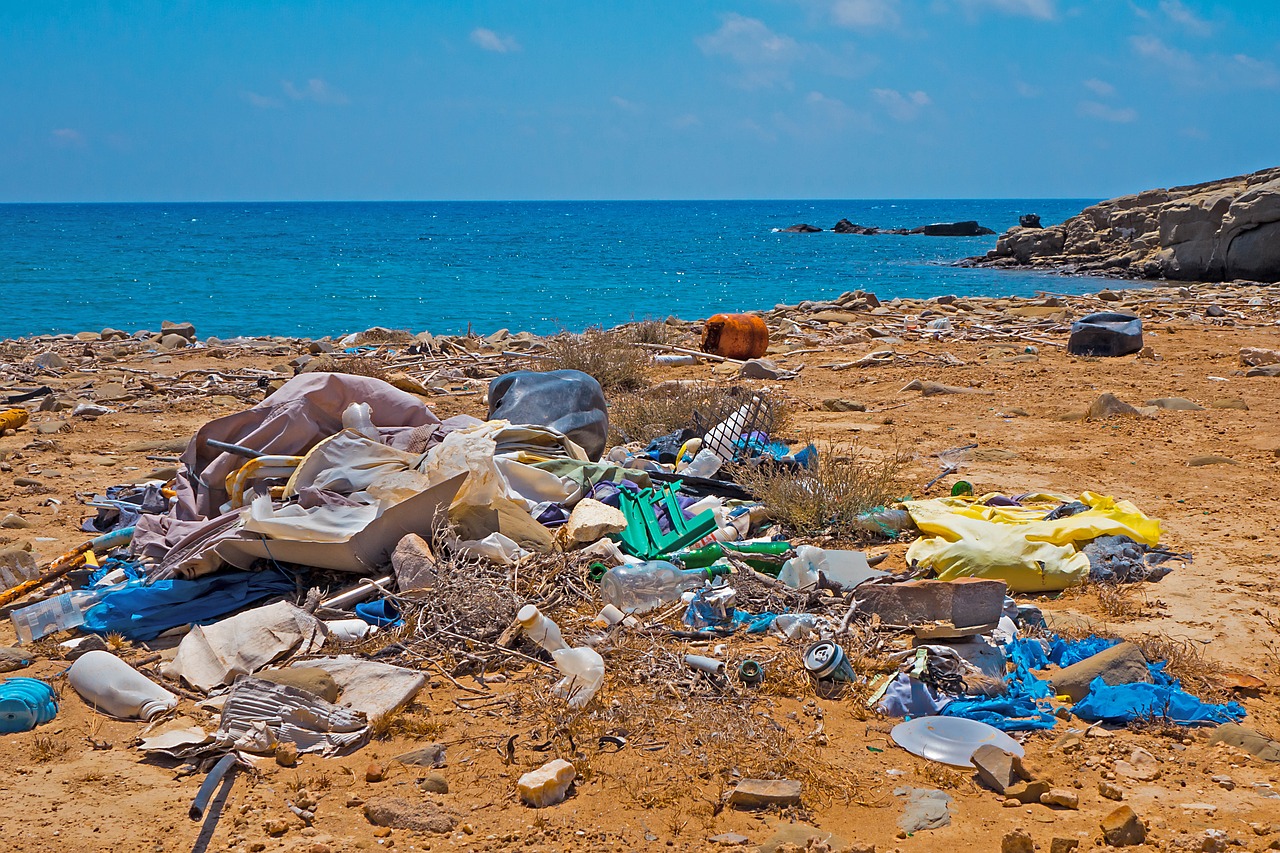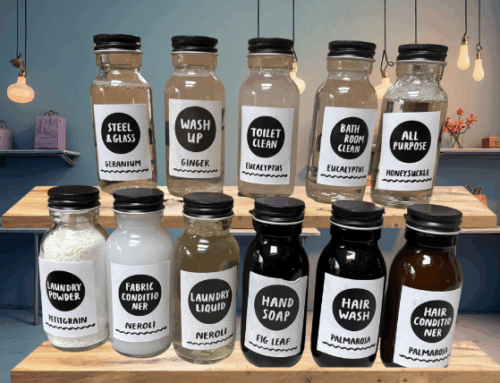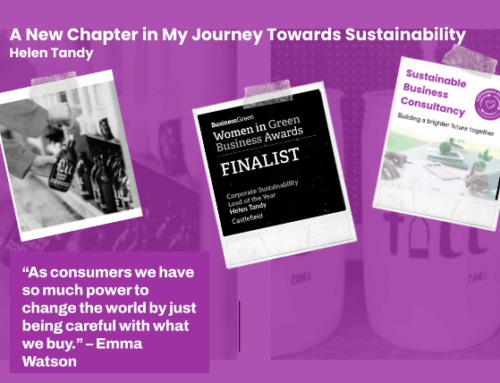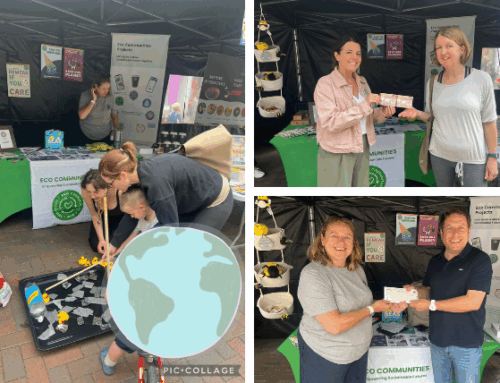
Waste, much like sliced bread, Netflix and wars over what’s under the ground, is a human invention. In nature nothing goes to waste because the definition of an ecosystem is a system of cooperative and symbiotic relationships.
You could say that everything is up cycled into the system so that it’s sustainable and resilient. In an ecosystem all energy used is renewable and non-polluting.
All resources are found locally, using non-extractive, low-energy techniques.

We are using nature’s resources such as oil, coal, gas, metals and minerals far too quickly. We need to curtail extraction of oil, gas and coil to curb the effects of climate change.
We need to substantially reduce our reliance on using virgin materials to make plastic.
Over the last few months I’ve been visiting local schools to help to teach the kids about climate change, the real effects the choices you make everyday can have on the environment and to try to get some fascinating insight into how they see the world.
Recently I wrote lesson plans for my first secondary school visit which took place last week. The school had a day on sustainable growth as part of the International Baccalaureate.
My idea was for the students to work in groups. Having bought a fictitious cafe they were looking to make their cafes more sustainable, and reduce its impact on the environment while still making a profit and growing.
The session considered items that customers might take away and how the packaging could be disposed off.
We allocated the items using a traffic light system. Green was for items that could be collected for recycling at home and could be recycled over and over. This applies to things like glass, metal and paper.
Them amber was for items that can be collected but that, from a recycling point of view have a life time. For example, plastics can generally only be recycled two-three times.
Then red was for those items that can’t be recycled at home, items like plastic straws, polystyrene, plastic lined coffee cups, plastic cutlery etc.
The next session considered what red or amber items could potentially be switched out and what to. The interaction within the groups was fantastic and the kids had so so many great ideas….
Finally, during the sessions it was agreed that the government needed to do more.
Everybody felt that the UK needed to match EU plans around banning some single use plastics and forcing the producers to have more responsibilities towards recycling their products rather than tax payers paying for it through their Council Tax.
Having now been to dozens of different schools all over the place, from nursery up to primary and secondary schools, one thing I am sure is that they all agree that something needs to be done. But apart from campaigning what can they do?
We need the people in power, the big organisations to do more and do it quickly. We have too much ‘Green wash’, where a company thinks just signing up to a green scheme at some point in 15 years is enough.
After campaigners sending Walkers Crisp packet to the Headquarters went viral, Walkers stated that they would aim to convert to 100% compostable, recyclable or biodegradable by 2025.
But why so long off? An existing small company is already using home compostable bags, so why can’t they?
In the meantime to take away the heat, they linked up with TerraCycle in 2018.
This created 8500 drop off points for their crisp packets, but in the first quarter only 500,000 bags were recycled, a drop in the ocean against the 11 million they make every day, probably even a drop in the ocean compared to the amount of packets that are actually dropped into the ocean having been on a fair share of beach cleans.
Coca-Cola is still the top polluter. They have tried to redefine the term single use plastic. City to Sea complained to the Advertising Standards Agency stating they were ‘attempting to mislead the public’ about the environmental impact of its plastic bottles by suggesting they are not ‘single-use’.
The increased sale of Biodegradable and Compostable products is another thing that needs careful attention. These both need special conditions to break down and the UK is limited when it comes to plants able to cope.
They can’t go in the plastic waste stream and so often have to go to incineration or land fill. Other answers are needed, and fast.
So what next?
We all need to keep campaigning for Government and Big Plastic to do more. We need to turn off the plastic tap.
Our biggest strength is our buying power, how much single use plastic can you go without?




